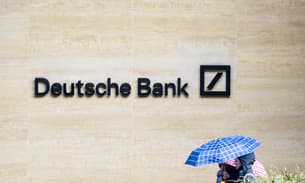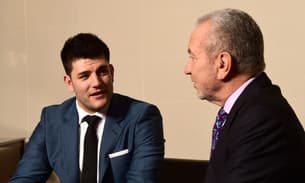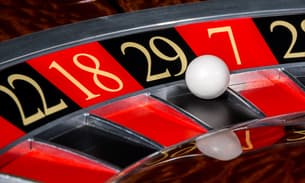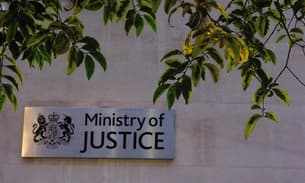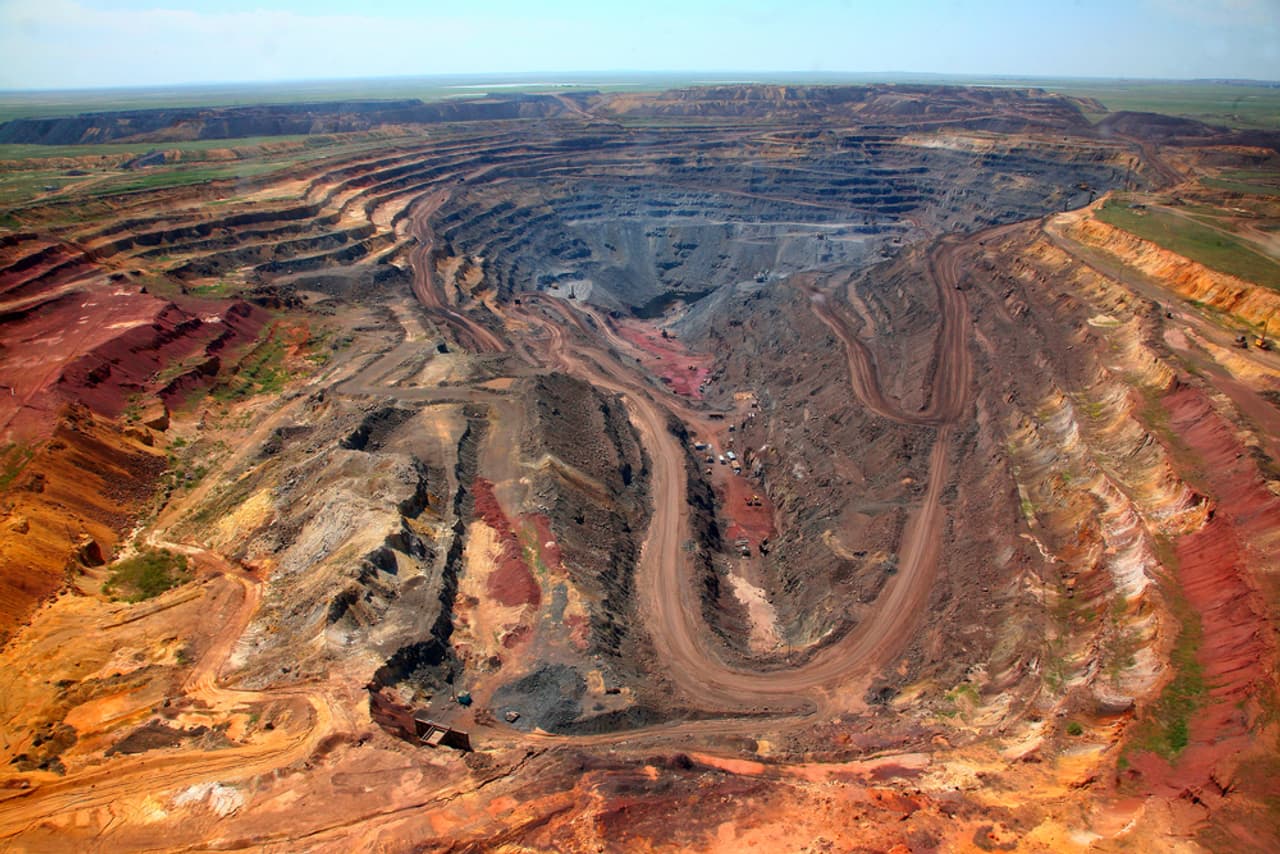
Questions over London-listed miner ENRC’s Congo deals
Digging deep. Why are details of many DRC mining deals so opaque? Photo by Shutterstock.
A need for greater scrutiny of UK mining deals in the Democratic Republic of Congo was highlighted today by campaigners questioning the use of opaque off-shore companies to buy some of the country’s most valuable assets.
Concerns about mining deals in the DRC have mounted over the past six months as the resource-rich country has attracted more and more investment, much of it from the UK.
The latest company to come under the spotlight is FTSE 100 mining giant ENRC. Global Witness, an organisation focusing on extractive industries, released a memo to shareholders in ENRC, highlighting a series of opaque deals made by the company in the DRC, which the NGO believes may be enriching corrupt officials.
The report was published to coincide with the company’s annual general meeting in London.
The latest concerns raised by Global Witness follow similar questions asked last month about other deals in the DRC involving commodity trader Glencore.
The DRC is one of the poorest countries in the world, with an average per-capita income of just 80 cents a day. Last year the UN ranked it at the very bottom of its development index. Yet it has extraordinarily rich natural resources, including vast reserves of copper, cobalt and coltan, as well as gold, diamonds and oil.
But these resources are gradually being sold off to foreign companies. Campaigners claim this is often at a vast loss to the desperately poor country.
In today’s memo, Global Witness details how in five deals between 2009 and 2011, state-owned miner Gécamines sold off copper and cobalt-mining assets worth billions of dollars with no public tender process. Independent valuations obtained by Global Witness suggest that these assets have been sold for a fraction of their market value.
The assets were bought by offshore companies, many of which are believed to be linked to Dan Gertler, an Israeli businessman who is a pivotal figure in the Congolese mining sector and a close friend of the president.
The concern is that the opaque nature of the deals could be hiding payments to corrupt Congolese officials as well as masking the sell-off of the country’s natural resources for far less than they are worth.
‘The offshore shell companies associated with Mr Gertler and paid by ENRC are obscure entities which have been registered in secrecy jurisdictions and have therefore not declared their full list of beneficiaries,’ said the NGO. ‘Global Witness believes that these offshore structures could allow corrupt Congolese officials to benefit from these deals. If this is correct, ENRC may have poured money into corrupt transactions.’
ENRC said it has a ‘zero-tolerance policy to bribery and corruption’.
The Global Witness report details how ENRC then bought the assets from these shell companies at significantly higher prices, just months after they had been sold by the state.
In at least two cases, ENRC even appears to have lent the offshore companies the money to buy the assets in advance, ‘instead of doing business directly with the Congolese government’, Global Witness says.
In two other cases, the assets that ENRC eventually acquired had been controversially confiscated from other companies by the state miner, Gécamines, or the Congolese government. Earlier this year, ENRC paid $1.25bn to settle a very public dispute with those companies, including Canadian-listed miner First Quantum Minerals, and an investment company owned by the World Bank.
‘Zero tolerance’
Scandal over this deal and allegations of corruption in Kazakh subsidiaries led to the very public departure of two senior board members last year, and the company set up an anti-corruption committee. It revealed in its annual report that it ‘regularly liaises’ with the UK’s Serious Fraud Office, including over its deals in the DRC.
The company carried out an internal review last year which had led to new governance structures, and had introduced measures such as a whistleblower hotline and new investigation procedures, it said. ‘In bringing significant and much needed investment to the DRC, ENRC has fully complied with regulations and disclosure obligations,’ ENRC said in a statement.
‘ENRC has at all times strived to uphold the highest standards expected of an international mining company listed on the London Stock Exchange,’ the company added.
Dan Gertler’s spokesman said the allegations were ‘old and unsubstantiated’. His holding company Fleurette ‘has no duty of disclosure’, he said, but he offered to undergo a full audit to prove that ‘the only beneficiaries are the Gertler Family Trust for the family members of Dan Gertler’. He said Global Witness had rejected the offer of the audit – a claim the NGO refutes.
These deals have taken place despite growing international pressure on the DRC to improve transparency in its mining sector. In 2009, the IMF made such transparency a condition for approving a $551m loan to the DRC – yet it has paid at least three instalments of this loan.
Related article: Demand for transparency in DRC mining deals
The UK is planning to spend £790m on aid to the DRC over the next four years, including £27m towards an initiative that aims to foster transparency in the mining sector, which was launched last October.
Last month, an opposition activist, Willy Vangu, held a meeting in London attended by MPs on the international development select committee, in which he urged the UK government to suspend aid to to the Congo’s government until there was increased transparency in the mining sector.
‘Billions of dollars are leaving the DRC through corruption and secret deals, selling assets without proper tenders,’ he told the Bureau.
Pauline Latham MP referred to the Congo’s incredible natural resources. She told the meeting: ‘We wouldn’t need to put funds into the DRC if those natural resources were being used correctly.’
Eric Joyce MP, who last year published a list of 59 offshore companies that had been involved in deals in the DRC, said assets sold at knock-down prices could be funnelling billions of pounds out of the country. He estimated that up to $5.5bn could have been lost in this way.
Related article: Alchemy on the London stock market

